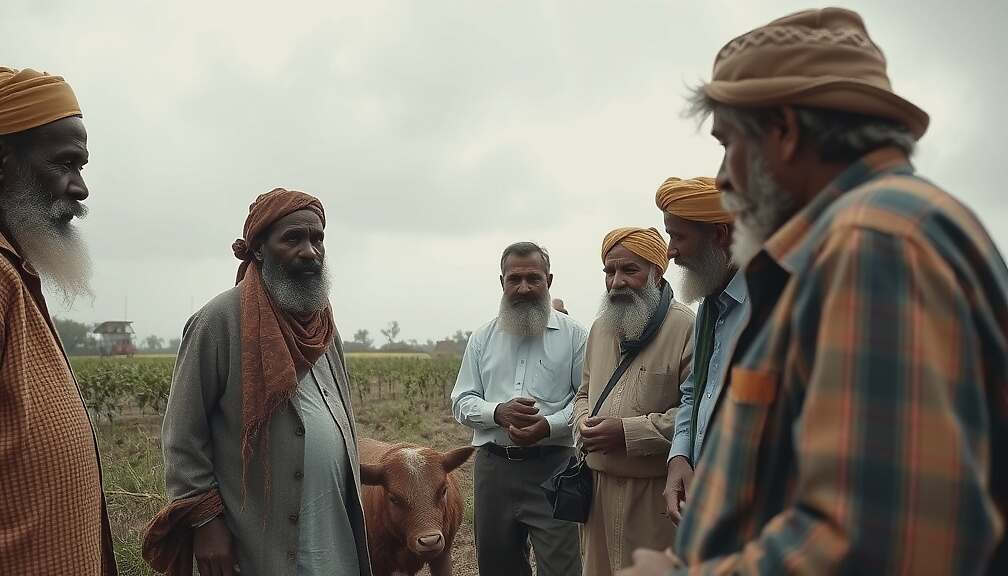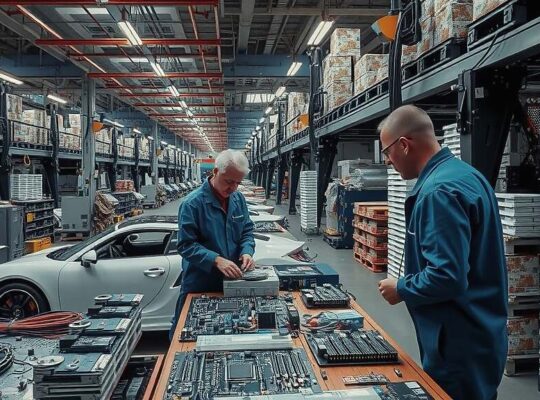The European Parliament’s recent move to restrict the use of terms like “Veggie Burger” on products predominantly made from plant-based ingredients has drawn fierce criticism, particularly from within Germany’s ecological food industry. Tina Andres, Chair of the German Federation for Organic Food (BÖLW), has labeled the decision an “absurd overreach” and a form of consumer paternalism.
Speaking to the Redaktionsnetzwerk Deutschland, Andres argued that prohibiting companies from using descriptions traditionally associated with animal products when they transition to plant-based alternatives is detrimental to both innovation and economic growth. She specifically highlighted the impact on German businesses that have achieved international success with their meat substitutes, suggesting the regulation risks stifling their continued development.
Beyond the immediate impact on industry, Andres’s critique touches on a broader debate surrounding consumer understanding and the perceived need for legislative intervention. She drew parallels with established certifications like “organic” arguing that terms like “vegan schnitzel” have become integrated into consumer vocabulary and understanding. The insistence on rigid definitions, she suggests, undermines the evolution of language and consumer choice.
The BÖLW is now urging the German government to actively oppose the initiative within the EU Council. The call represents a significant challenge for Berlin, positioning it as potentially clashing with the broader European regulatory agenda. The move raises questions regarding the balance between protecting consumers from potential misunderstandings and hindering the growth of a burgeoning sector increasingly crucial for sustainable food systems. Critics argue that the regulation’s primary effect will be to create unnecessary bureaucratic hurdles and favor established animal product industries at the expense of innovative alternatives. The looming vote in the EU Council promises a critical test of the German government’s commitment to fostering a dynamic and sustainable food economy.












